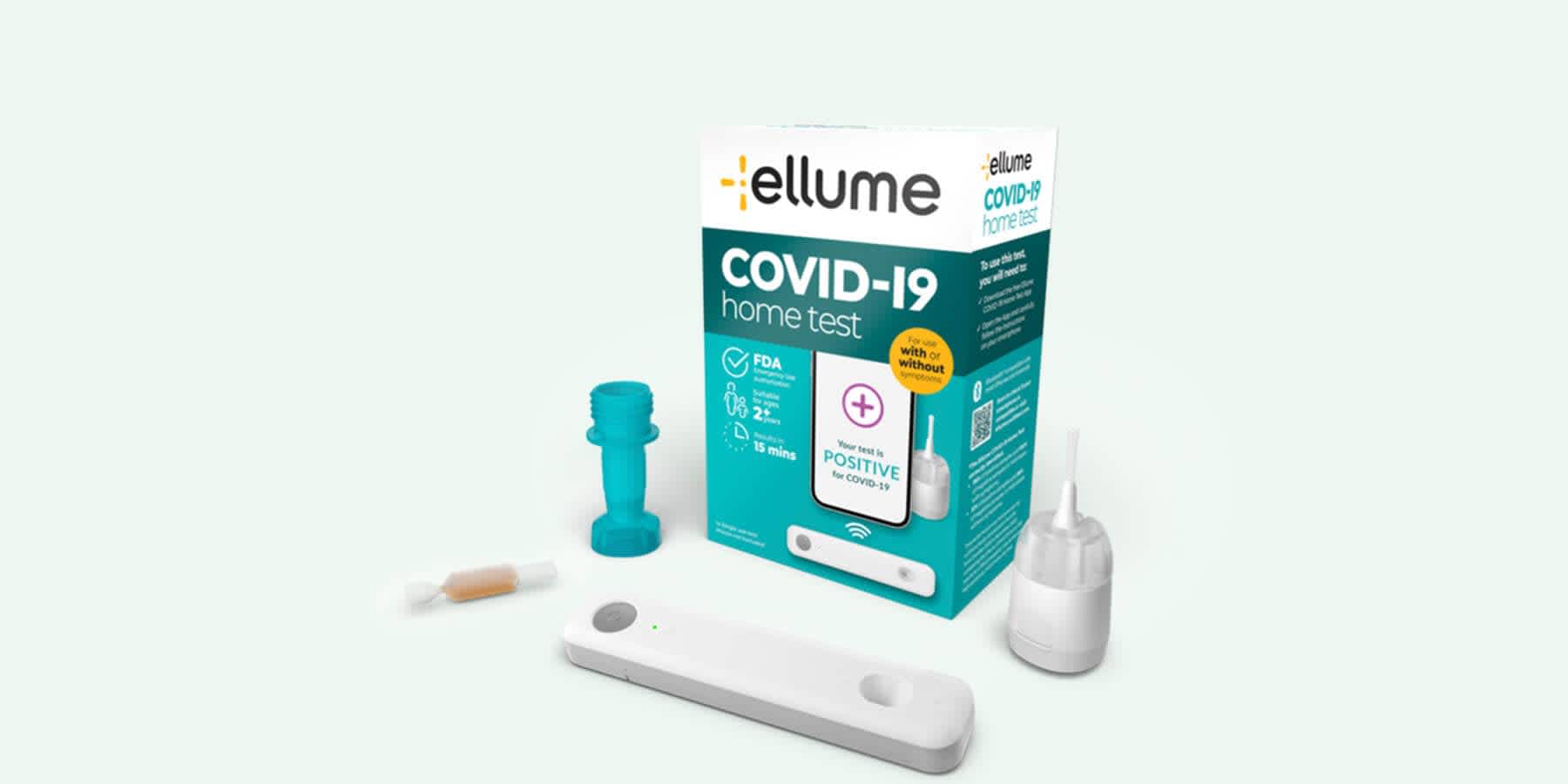
COVID-19 testing: PCR vs. rapid antigen tests
Medically reviewed by Everlywell Medical Communications & Publications Manager on June 11, 2021. To give you technically accurate, evidence-based information, content published on the Everlywell blog is reviewed by credentialed professionals with expertise in medical and bioscience fields.
COVID-19 testing has been one of the most important tools in the pandemic. Along with providing diagnoses for people, testing has provided scientists and researchers with useful information that helps us understand outbreak trends, identify strain mutations, and better plan and prepare for potential pandemics and other health crises in the future.
Even with the rollout of vaccines, testing is still a necessary component of public health. There are a handful of different tests available, but two main types of diagnostic tests are NAATs (nucleic acid amplification tests, such as PCR) and antigen COVID-19 tests, which are both designed to detect current infections. Learn more about the PCR and rapid antigen tests below.
What Is a PCR Test?
A PCR test, sometimes referred to as an RNA test, detects specific genetic material of SARS-CoV-2 using a special technique called polymerase chain reaction. A PCR test can determine if you currently have an active viral infection, and it may also detect fragments of the virus even if the infection is not active anymore.
What Is an Antigen Test?
Antigen tests, many of which are rapid antigen tests, test for proteins (known as antigens) that exist on the surface of SARS-CoV-2. Antigens are normally recognized by your immune system and trigger an immune response to protect your body from the virus.
PCR vs. Rapid Antigen Test
These two diagnostic tests can share similar processes for collecting a sample. This typically involves a nasal swab or nasopharyngeal swab to collect a sample. The swab is inserted into the nasal passage and twisted around a few times. This is typically associated with little to no discomfort.
Along with what the tests specifically look for, the biggest difference between the two tests is the turnaround time. Rapid antigen tests got that name because you receive results fairly quickly, usually within 15 to 30 minutes. Most PCR tests can take a few days to process. Part of that is because PCR test samples have to actually be sent to a lab. Rapid antigen testing can easily be performed at point-of-care, like your healthcare provider’s office or a clinic.
More on rapid tests: How Quickly Can You Expect Results from a Rapid COVID-19 Test?
PCR tests take more time, but the nature of the test means that they are much more sensitive. If your rapid test comes back with a negative result, your healthcare provider may recommend that you take a PCR test to confirm.
Experiencing COVID-19 symptoms and looking for relief? Get COVID-19 treatment online via Everlywell's Virtual Care offering.
Related content
How quickly can you expect results from an antigen COVID-19 test?
How accurate are rapid COVID-19 tests?
How common are false positives with rapid COVID-19 tests?
References
1. COVID-19 and PCR Testing. Cleveland Clinic. URL. Accessed June 11, 2021.
2. COVID-19 diagnostic testing. Mayo Clinic. URL. Accessed June 11, 2021.
3. What Is a Coronavirus Antigen Test—and How Is it Different Than Antibody Testing? Health.com. URL. Accessed June 11, 2021.
4. COVID-19 Rapid Tests: Accuracy, Types, and Where to Find Them. GoodRx. URL. Accessed June 11, 2021.
